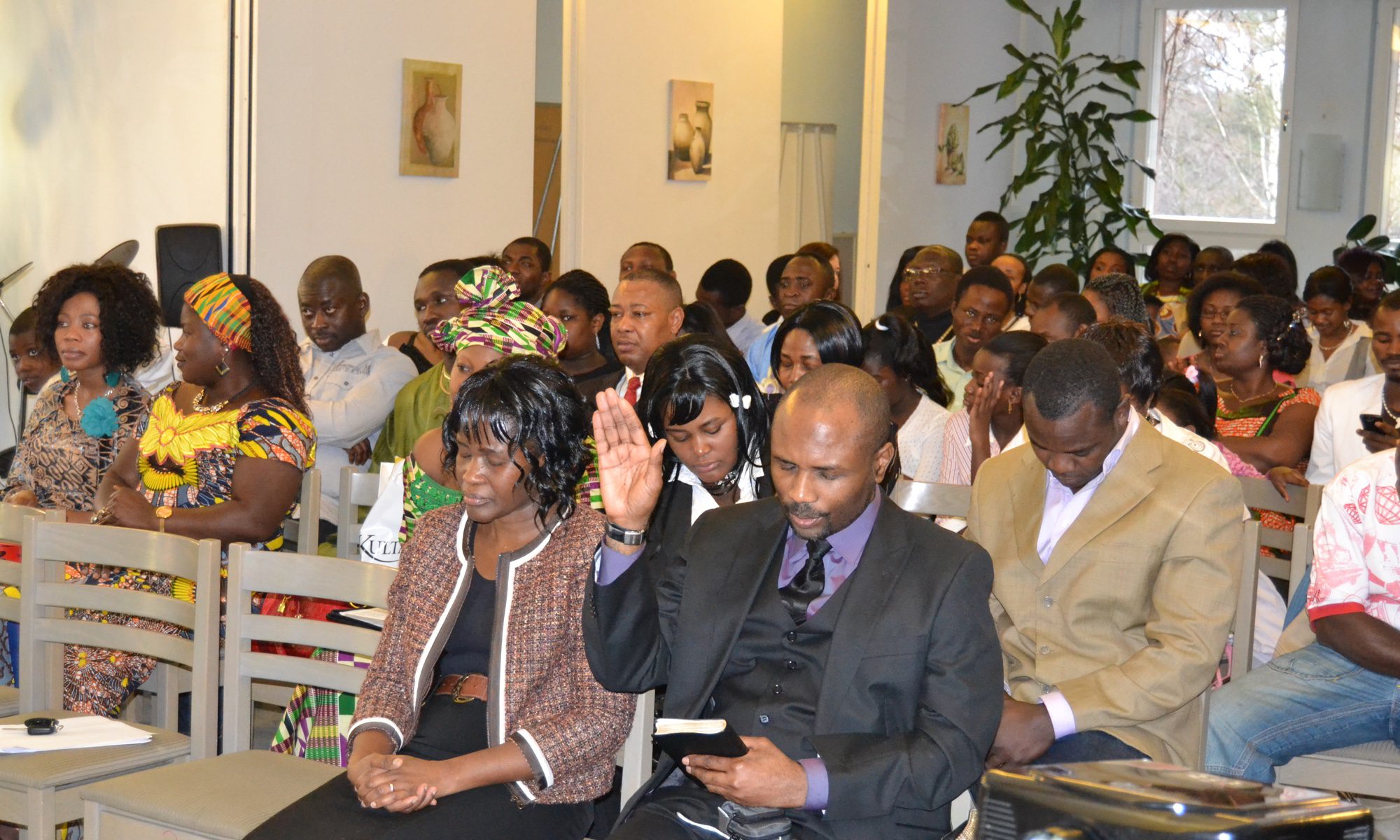Introduction
In our previous two Newsletters, God´s leadership over believers, where He leads believers to Himself to provide them with comfort were discussed. In this edition, what are expected of both the leadership of the local church and the laity are briefly discussed. According to scriptures, the pastorate, elders and the diaconate, forming the leadership of the church must be respected because they are ordained by God to serve His church.
Commitment of good shepherds
It needs to be mentioned that Christian leaders are responsible for the total development of the people they lead. It is their responsibility to nurture and care for them and leads them to develop spiritually. The church leaders are also shepherds, so they are expected to be godly and selfless as they feed the sheep. In John 21:17, Jesus Christ challenges Peter to feed His sheep if he so loves Him. Believers are being encouraged to obey them that have the rule over them, and submit themselves to them because they watch for their souls, as they that must give account, that they may do it with joy, and not with grief: for that is unprofitable for the church (Heb 13:7-17). “For ye were as sheep going astray; but are now returned unto the Shepherd and Bishop of your souls” (1Pe 2:25).
The leadership of the church functions as shepherds over the congregation because they are committed to:
- Constantly praying and engaging in spiritual warfare for the church (Col1:9). Paul writes of this in Acts 6:4, where he mentions that the church must appoint some workers in the church to take care of the distribution of food while they (the apostles) give themselves continually to prayer, and to the ministry of the word (Acts 6:4).
- Preparing and waiting on God to receive a Word to the church that is able to build them up. Peter writes to young believers to see themselves as newborn babies, and desire the sincere milk of the word, so that they may grow by it (1Pt 2:2).
- Sacrificing their lives and resources for the sake of the church. This is learned from the word and the practice of Christ Jesus. Christ is the good Shepherd who gives His life for the sheep (Joh 10:11).
- Strengthening the diseased and the weak, healing the sick and bounding up those that are broken, and seeking and bringing back those who have been driven away (Eze 34:4)
What good shepherds are not
- Good shepherds do not feed themselves while neglecting the sheep. It is written “Woe be to the shepherds of Israel that do feed themselves! should not the shepherds feed the flocks?” (Eze 34:1-2)
- They do not take advantage of the sheep to enrich themselves. The shepherds of Israel were accused of eating the fat, and clothing themselves with the wool from the sheep. They killed them that are fed, but they did feed not the flock (Eze 34:3).
- Good shepherds do not rule or lead with force or with cruelty (Eze 34:4).
The role of the church
“Obey them that have the rule over you, and submit yourselves: for they watch for your souls, as they that must give account, that they may do it with joy, and not with grief: for that is unprofitable for you” (Heb 13:17).
As could be deduced from the above scripture, the sheep also have responsibilities towards the shepherds. These include obeying the shepherd (leadership) willingly so that the shepherds would not be grieved. The grieving of the leaders is unprofitable to the church because it results in the spiritual weakness and death of some of the members.
Again, the church is expected to support the leadership of the church with prayers and physical resources (Heb 13:18, Col 4:3, Eph 6:18-19, Num 18:24). This is to enable them to do the work of God effectively with joy.
If a member or a group of members of the church is/are not willing to submit to the authority of the church, they would not receive the blessings and the care of God. In this case, it is advisable for such people to leave the church if they cannot repent and stay in the church. People need to be in churches where they could willingly submit to the orders of those churches. It is expedient that believers ask themselves if their leaders are leading them to Christ or into a ditch, for it is said that if the blind leads the blind, they both falls into a ditch (Matt 15:14, Luk 6:39).
Conclusion
The church belongs to God and He appoints its leaders. He, therefore, expects all members of His church to respect and submit to the leaders that He has ordained to lead the church on earth. Disobedience to God´s leaders is a direct disobedience to God Himself.
Prayer: May God give us the spirit of submissiveness so that we would respect and honor the orders of His church. In the name of Jesus Christ. Amen.

